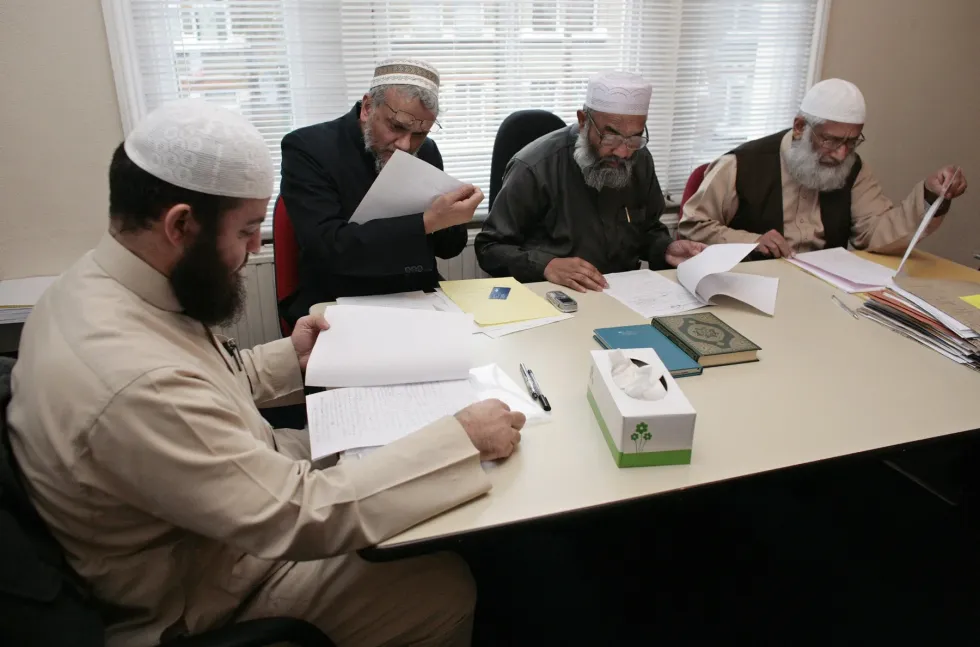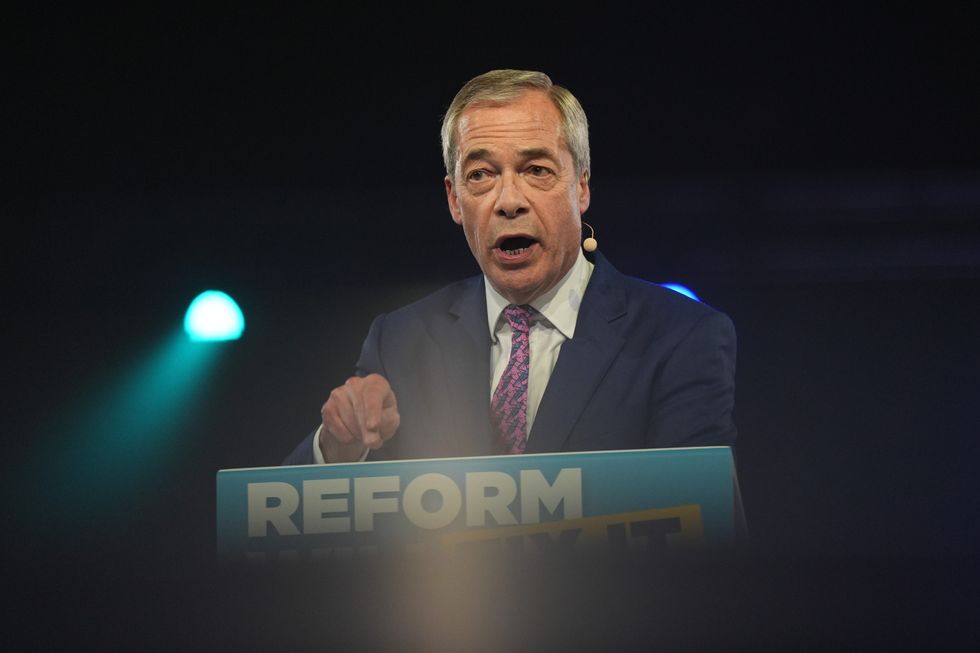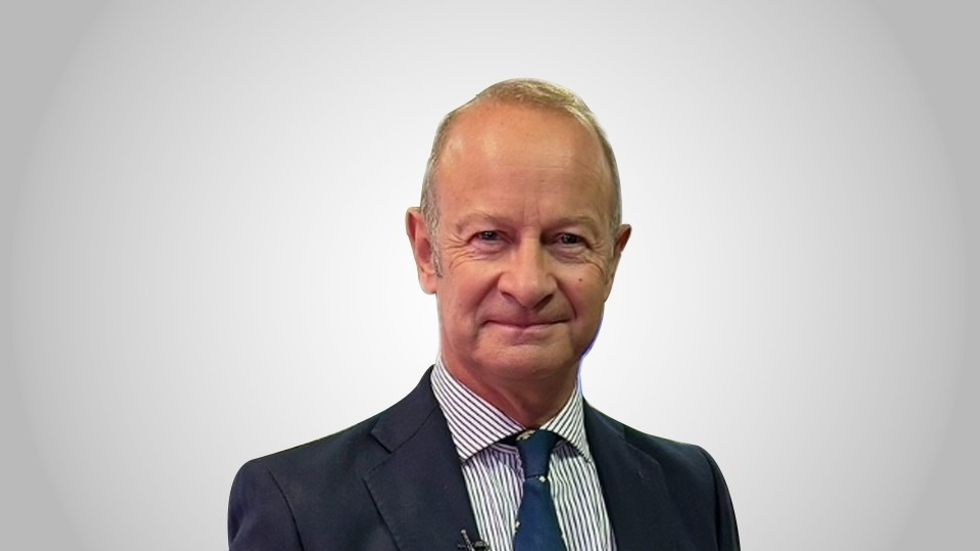



A job advert posted on the UK Government's website has reignited concerns that Britain has become the "western capital" for Sharia courts.
The job ad, which has since been removed from the Department for Work and Pensions' Find a Job platform, required candidates to hold a degree in Sharia law and demonstrate prior experience working within Islamic courts in Muslim nations.
For an annual salary of £23,500, the job sought someone to handle administrative and secretarial duties for the Manchester Sharia Council, including the management and coordination of social and sharia-related services.
MPs blasted the job posting, with Reform UK leader Nigel Farage writing on X that "our country and its values are being destroyed".
Sharia courts are religious bodies that apply Islamic law, or Sharia, to family matters like marriage, divorce, and inheritance for Muslims.
While they can offer guidance and advice, their decisions are not legally binding and cannot override British law.
Sharia councils insist that they offer Muslim women a way out of religious marriage, and that all parties must consent to the process, but critics question whether such consent is possible in religiously conservative communities where women might be trapped in abuse.
According to Migration Watch chairman Alp Mehmet, these parallel legal systems pose "massive risks to women and children in families where, as often as not, Muslim men take cases to court".

GETTY
|The majority of sharia councils are all men
Although Sharia courts have existed in the UK since the early 1980s, the UK Ministry of Justice does not hold or publish data on the number of them in operation in England and Wales, so the exact number is unknown.
The Civitas report, published in 2009, estimated that the number of Sharia courts in Britain stood at 85.
This included online forums, but the report admitted that the number was “indeterminate”.
Research undertaken in 2012 by the University of Reading confidently identified 30 large Sharia councils operating in England, although smaller Sharia councils were not included.
 PA |
PA |
Nigel Farage has long raised concerns about Sharia courts
A 2018 independent review commissioned by the Home Office on the application of Sharia law in England and Wales again put the number of Sharia councils in England and Wales at between 30 and 85, although it noted the lack of accurate statistical data, admitting that the number was “indeterminate”.
In a Parliamentary submission, the National Secular Society - a British campaigning organisation that promotes secularism and the separation of church and state - wrote that "it is our view that the number of sharia councils is likely to be higher than this".
Mehmet told GB News: "Shariah councils (according to the House of Commons Library, also known as shariah courts) have been present in the UK for over 40 years. There are now some 85 that we know about.
"This is deeply worrying and presents a serious challenge to laws that quite rightly apply to every person living in Britain."

GETTY
|Figures have warned sharia law could be dangerous for women and children
Stephen Evans, chief executive of the National Secular Society, echoes these concerns, telling GB News: “Increasing demand for sharia councils in the UK undermines the principle of one law for all – and will inevitably have a negative impact on the rights of women and children.
"Sharia councils primarily exist to allow Muslim women to obtain a religious divorce. Muslim men do not need them because they can unilaterally divorce their wives. Sharia law represents an inherently discriminatory outlook that must never form any part of the law in England and Wales.”
 GB NEWS |
GB NEWS |
Former UKIP leader Henry Bolton said the growing number of sharia councils could be a pull factor for both legal and illegal immigration
There is the worry that with the growing number of sharia courts, it could serve as a pull factor for both legal and illegal immigration, where it is most dominant.
Former UKIP leader Henry Bolton told GB News: "When individuals see that aspects of their legal and cultural framework from their own cultures are already embedded in parts of British society, the UK becomes not just a place of opportunity, but also one of cultural comfort and continuity.
"We have to be very clear: the law of the land - civil and criminal - must be singular, sovereign, and applied equally to everyone, regardless of background. There should be no exceptions.
"Allowing any form of parallel or religious legal practice, even in a limited way, risks embedding communal divisions and obstructing cultural integration."
Bolton insisted that "we must ensure that tolerance does not erode the principles of integration, equality before the law, and national cohesion. Our society must rest on shared values, not on separate, divergent, even legal or cultural tracks".
